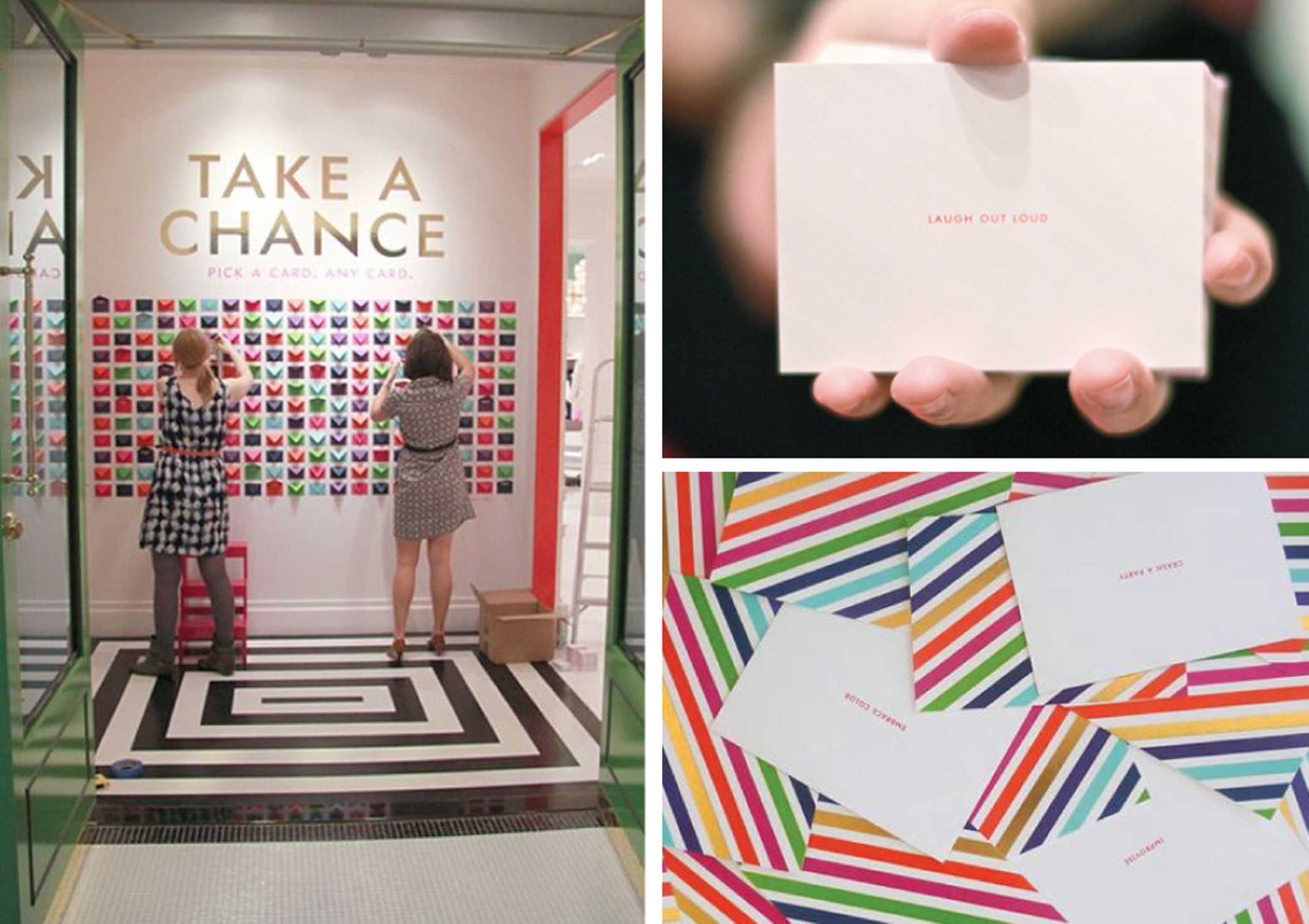Millennials were born between 1981-1996 and in most countries, are now the largest generation by population size. Surprisingly, Chinese millennials already outnumber the entire population of the US. Almost 9 in every 10 millennials come from an emerging economy. Millennials in these emerging markets, particularly China and India, will open unprecedented new market opportunities. As millennials are soon to hit their earning prime the question on everyone's lips is, where will they decide to spend their cash?
A recent study by Eventbrite revealed that millennials are increasingly spending their time and money on experiences rather than physical things. In fact, 72% of millennials admitted to wanting to spend more money on experiences next year. The behaviours and increased purchasing power of millennials suggest a shift away from materialism and toward the experience economy.
5 Reasons Why Millennials Value Experiences Over Possessions
No two people are the same and there’s no doubt that generation Y is an excellent case in point. But millennials did grow up in the same rapidly changing environment that helped to shape many shared characteristics and values. Here are five reasons why millennials value experiences over physical things.
1. The perceived value of physical products is decreasing
Almost any product you could ever want is now readily accessible with a click of a button and next day delivery. You will notice celebrities, social influencers or even just your close friends will be posting more photos and videos of their travel experiences and events they attend over physical things that they buy. This is due to the commoditisation of things. It is no longer as impressive to have the latest gadget or device. A trip to the Maldives with your best friends on the other hand? Priceless.
2. In the digital world of social media, millennials are seeking more real-life social interactions
Millennials grew up during the tech boom. They are quick to adapt to new technology because they’ve been doing it their whole lives. But they do remember a time without Instagram, Facebook and Snapchat. Millennials know that experiences do more to foster successful social relationships.
3. Happiness is measured in capturing and sharing memories rather than possessions or career status
The research is clear - experiences make you happy. Millennials seem to both understand and embrace that fact. Instead of filling their homes with possessions, millennials are doing the opposite. For this generation, it is more important to be happy than fill their apartments with more material ‘stuff’ or climb the corporate ladder.
4. Experiences help millennials fuel their curiosity
As the most curious generation, it is no wonder that gen Y likes to engage in more experiences. Being curious means that they actively seek out new information. Experiences assist millennials in their curiosity by helping them to learn and grow.
5. Millennials LOVE to travel
65% of millennials are currently saving to travel. Once they’ve caught the travel bug, it is likely that they value experiences even more than they did before. That new lounge or handbag is just not as important as their upcoming trip to Italy.
So, there you have it. We’ve listed just 5 of the many reasons why millennials love experiences. With their spending power set to overtake generation X by 2020, the move toward the experience economy is inevitable. How prepared are you for the shift?
How to Prepare Your Business For The Change
1. Experiential Marketing
Millennials are digital natives. They’re the early adopters of new technology and they’ve watched many new tech platforms rise, fall and/or become advertising platforms right before their eyes. In a digital world full of clutter and noise, marketers are finding it harder and harder to engage their audience. Millennials want to be engaged by authentic brands. It’s time to get creative, think outside the box and build your tribe.
Red Bull has been the master of experiential marketing for years now. Who doesn’t remember the stratos jump. A freefall skydive from 128,000 ft. The live stream had the highest traffic on record at the time with a huge 8 million visitors tuning in to watch the stunt.
We're aware that not everyone has the same budget as Red Bull, so it’s important to highlight a more affordable example. Handbag designer Kate Spade created a take a chance installation in one of her stores. The campaign was designed to engage customers by prompting them to take a card and do something unexpected. Some examples include smile at a stranger and eat cake for breakfast.

Experience initiatives create bonds between brands and consumers with ten times the ROI of traditional digital marketing. Before your next marketing plan is due, consider the best ways to really connect with your audience, and have fun with it!
2. Experience Gifts
It’s a no-brainer. You now know that the generation with the most purchasing power values experiences over things, so why are you still giving out branded caps they’ll never wear or gift cards to their local grocery chain?
Gifting Owl is the place to be for all things experience gifts. With activities and experiences in over 100 countries, your customers and employees will be spoilt for choice. Visit our corporate page and get in touch about how we can work together to get you ready for the experience economy.
Further Readings:
• https://www.ft.com/content/f81ac17a-68ae-11e8-b6eb-4acfcfb08c11
• https://www.eventbrite.com/blog/academy/millennials-fueling-experience-economy/
• https://www.weforum.org/agenda/2019/01/the-experience-economy-is-booming-but-it-must-benefit-everyone/
• https://psycnet.apa.org/record/2003-10055-017?doi=1
• https://www.under30experiences.com/blog/the-science-of-travel-happiness
• https://careerswithstem.com.au/millennials-curiosity-good-for-business/





